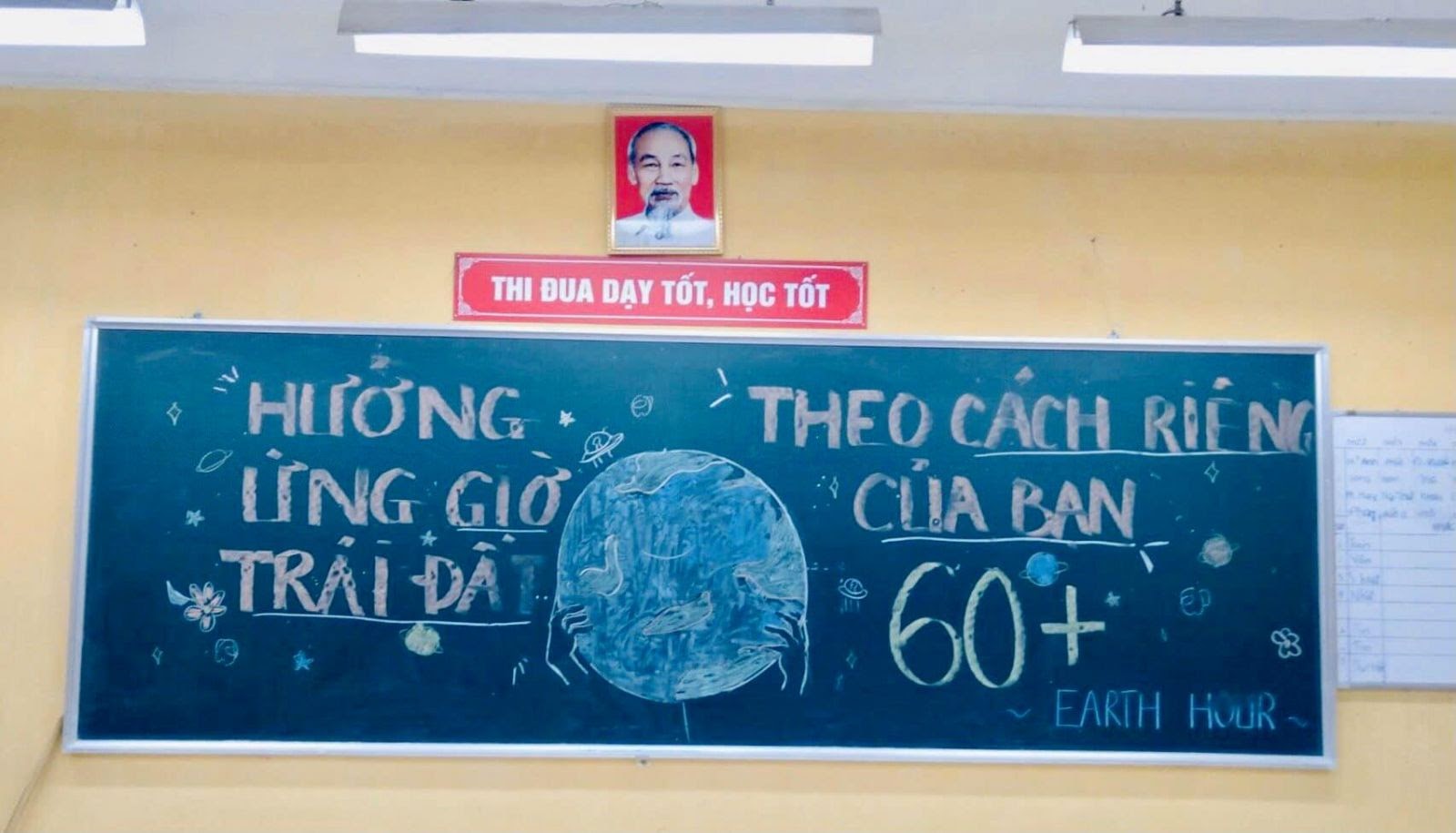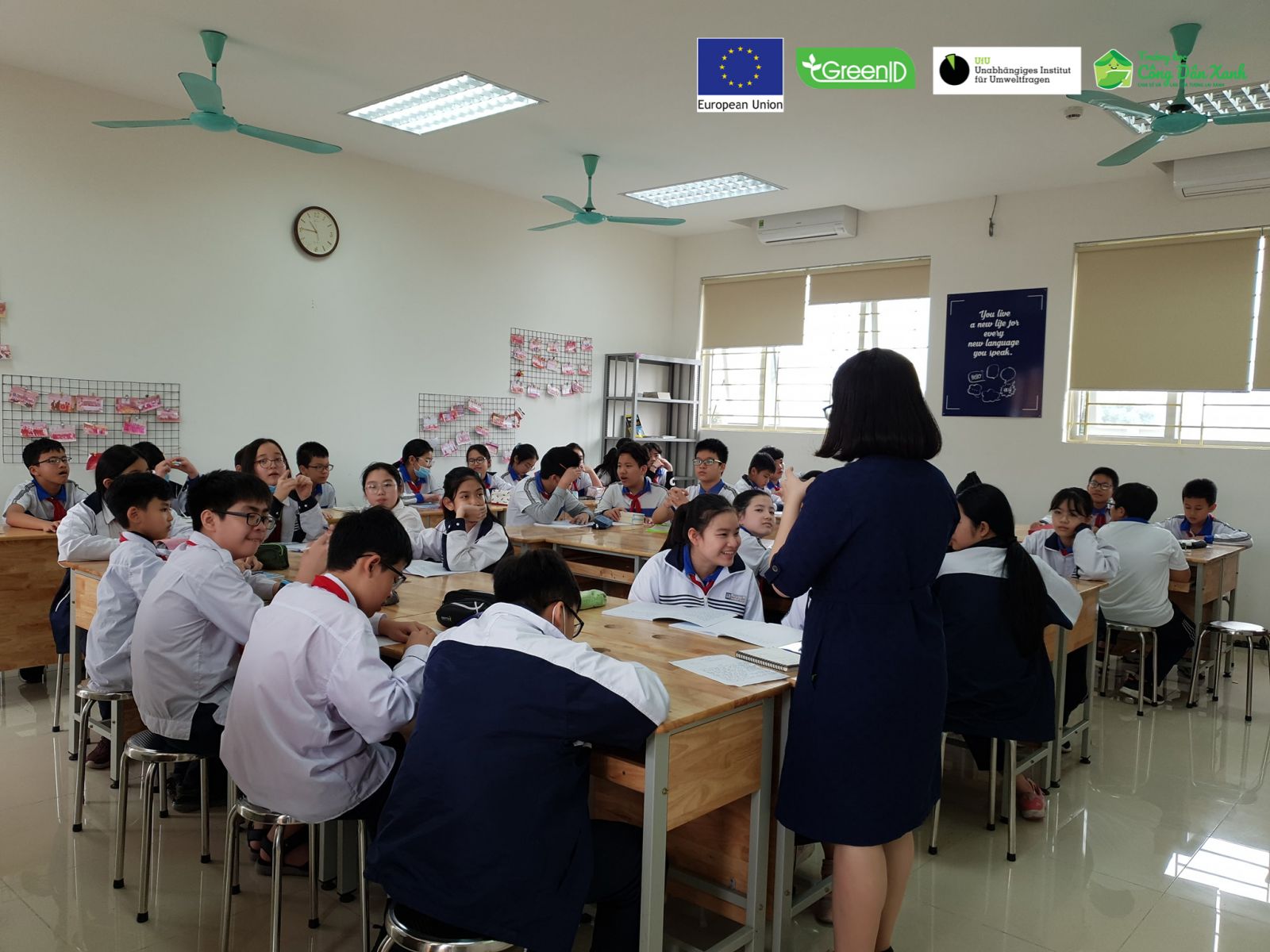
All of Myamar’s planned coal-fired power projects are likely to be delayed beyond the general election, which is set to be held on November 8, according to officials.
 No coal, no Toyo-Thai”: Earlier this year, Mon villagers rallied against a joint venture coal-fired power station project in Ann Dinn village, around 10 kilometres from the town of Ye. Photo: Wa Lone / The Myanmar Times
No coal, no Toyo-Thai”: Earlier this year, Mon villagers rallied against a joint venture coal-fired power station project in Ann Dinn village, around 10 kilometres from the town of Ye. Photo: Wa Lone / The Myanmar Times
A memorandum of understanding (MoU) for 11 coal-fired power plants was signed between the Ministry of Electric Power (MOEP) and local and international private companies in 2010, and other new coal power projects are also in the planning stage.
But none of the projects has yet moved forward due to wide oppositionfrom civil society groups and local residents, who are concerned with social and environmental issues.
“There is no progress regarding coal-fired power plants. At the moment, ministers are no longer meeting with the developers of coal projects,” said an official from MOEP.
The ministry usually holds regular meetings with its private sector partners for projects in a number of sectors including coal and hydropower.
“It seems that Union-level authorities would like to keep quiet about coal projects as the election is drawing near. So the projects will be delayed until after the election,” he said.
Feasibility studies for many of the projects have already been completed, but environmental and social impact assessment surveys have been delayed.
Investors will need to complete these reports before moving to the next stage of the project. But companies have faced a lot of resistance and hostility from local residents, which has led to awareness activities by non-government organisations and individual environmentalists.
“We have tried to explain our project to the public, but they are ready to oppose it every time,” said a consultant working for a local company on a coal-fired power project. “We don’t get help from the government, and people don’t listen. They don’t believe in government policy or what we are doing,” he added.
MoUs have been signed for four coal-fired power plants in Yangon Region, three in Tanintharyi Region in southern Myanmar, and one each in Shan State, Mon State, and Ayeyarwady and Sagaing regions.
The projects in Shan and Mon states have progressed to the next step – investors signed a memorandum of agreement (MoA) early this year. But in order to start construction, developers need to sign a final joint venture agreement, with total consent from the people living nearby, according to MOEP.
Myanmar has the lowest electricity generation capacity in Southeast Asia, with around 43,500 kilowatt hours from a total installed capacity of 4839.8 megawatts.
The government has set a target to generate power from a mix of sources – 38 percent from hydropower, 20pc from gas-fired power plants, 33pc from coal-fired power plants and 9pc from renewable energy sources, according to the electricity master plan.
U Maw Thar Htwe, deputy minister for MOEP, told The Myanmar Timestwo months ago that the ministry had asked companies to hold public meetings to raise awareness about the project, but that so far none of the companies have managed to secure local consent. “So far, we haven’t been able to start any projects,” she said. “I’m not sure our master plan for 2030 will be a success if we take this much time to get started.”
The planned coal-fired projects are even more ambitious than the gas-fired power plants, and range from 200MW to over 600MW installed capacity.
In Yangon, Thai company Toyo-Thai will build a 650 to 1200MW plant in the Thilawa special economic zone. India-based Orange Powergen, Global Adviser from Singapore and Diamond Palace Services from Myanmar will build a 500MW plant in Kyauktan Township. And Virtue Land, a subsidiary of Asia World, will build a 300MW power plant in Kwanchangone.
In Tanintharyi Region, a group led by Thai-based RATCH will build a 2640MW coal-fired plant in Myeik, and Cwave Global and 24 Hours Mining & Industry will build a 500MW plant in Boatpyin.
Other major coal-fired power plant projects in the pipeline include a 1280MW plant in Ye township in Mon State by Toyo-Thai Group, a 660MW plant in Nganyoutkaung Township in Ayeyarwady Region byIndian Tata Power, a 500MW plant in Kyineton, Shan State, by Lumpoondum from Thailand, and a 270MW plant in Kalaywa in Sagaing Region by Singapore -based ISDN Holding and Tun Thwin Mining from Myanmar.
In July, MOEP cancelled the Htantabin coal-fired power plant project, which was the fourth to be built near to Yangon, as the companies could not proceed. China-based Huaneng Lancang and Htoo Group of Companies from Myanmar had planned to develop a 279MW plant.
The planned coal-fired projects are bigger than even gas-fired power plants ranging 200 to over 600MW installed capacity.
“We want people to know that environmental and social impacts of greater power projects are guaranteed. We will implement such projects in the least social and environmental impactful way,” said U Aung Than Oo.
The country currently could not implement larger hydro power projectsand gas-fired power projects due to issues of environmental, financial and gas supply, he said.
“To translate urgent need of electrification, we only have to do coal power plants. It is cheaper than hydro or gas-fired plants. And it’s base load generation so that we can have reliable electricity supply,” said U Aung Than Oo.
MOEP has set a target of 67 percent electricity generation by coal and gas-fired power plants by 2030.
“Myanmar potential can generate up to 100,000MW from hydro power. The country is the largest natural gas exporter in South East Asia. It is questionable for Myanmar to rush for power plants using imported coal,” said Ken Tun, the head of Parami Energy.
http://www.mmtimes.com/index.php/business/16245-coal-power-projects-to-be-delayed.html

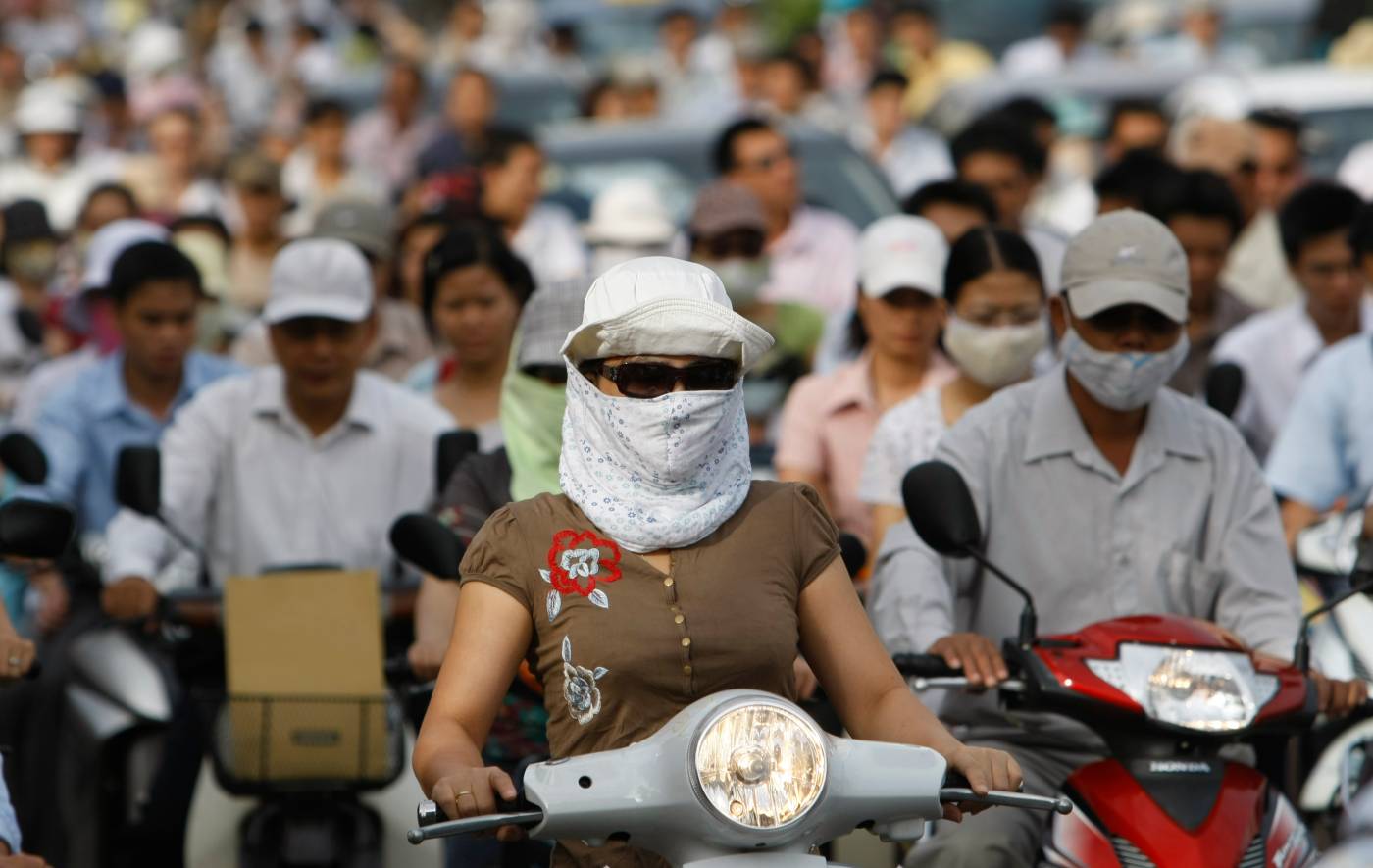
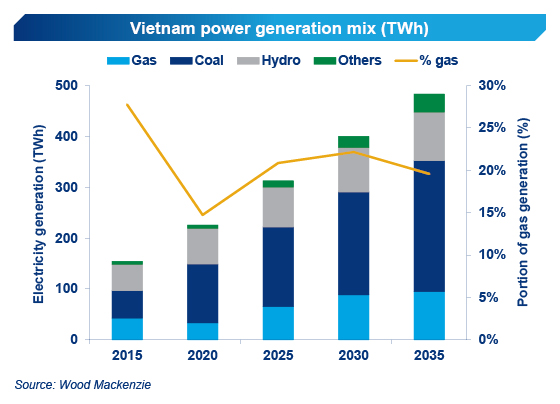
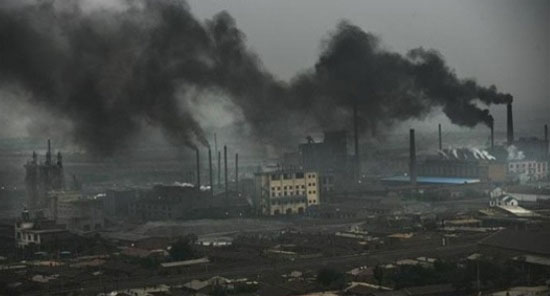
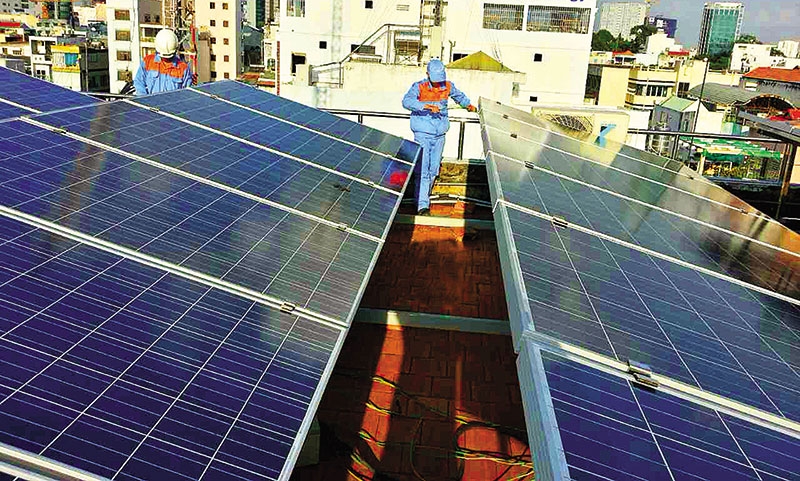
.png)
